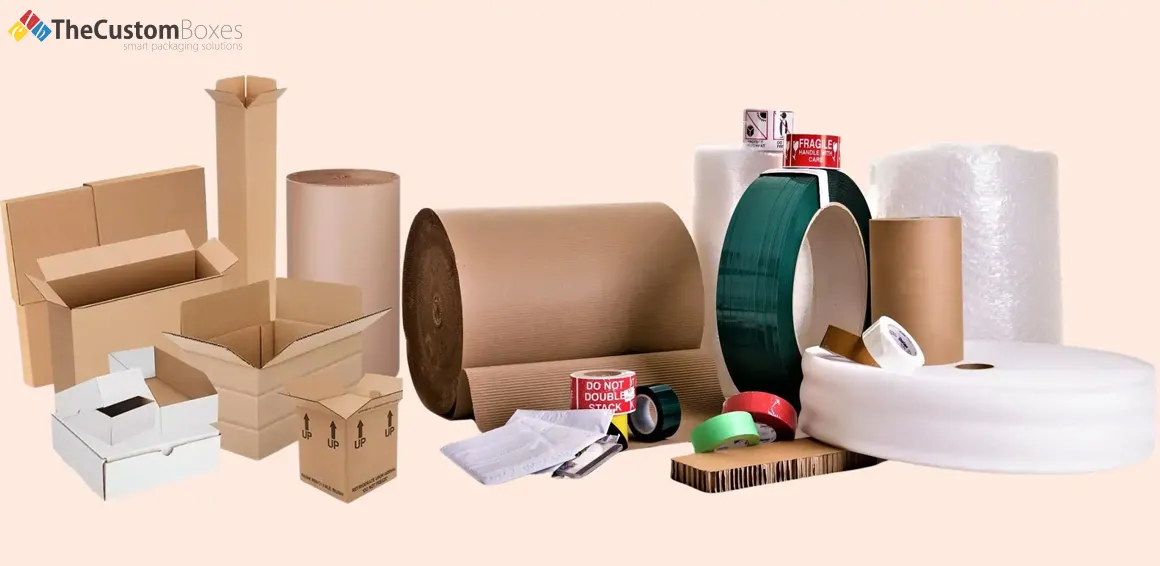Industrial packaging

Introduction
Industrial packaging plays a vital role in the global supply chain, ensuring that goods are safely stored, transported, and delivered to their destination without damage. Unlike consumer packaging, which focuses on branding and presentation, industrial packaging prioritizes protection, durability, and efficiency. It is widely used across manufacturing, automotive, chemical, pharmaceutical, and food processing industries.
Purpose and Importance
The main goal of industrial packaging is to safeguard large quantities of goods or heavy machinery during handling and shipment. It protects products from physical damage, moisture, dust, corrosion, and contamination. Effective packaging also streamlines logistics by allowing products to be stacked, stored, and shipped efficiently. This helps businesses reduce costs, minimize waste, and ensure compliance with international shipping regulations.
Types of Industrial Packaging
Wooden Packaging: Pallets, crates, and boxes made of wood are strong and reusable, ideal for heavy machinery or bulk materials.
Metal Packaging: Drums, barrels, and containers made of steel or aluminum offer exceptional protection against impact and are often used for chemicals and liquids.
Plastic Packaging: Lightweight and resistant to corrosion, plastic containers, drums, and pallets are commonly used for liquids, powders, and semi-solids.
Corrugated Packaging: Heavy-duty corrugated boxes are used for lighter industrial goods and provide shock absorption during transportation.
Flexible Packaging: Industrial-grade films, sacks, and bags made from polyethylene or polypropylene are used for bulk goods like grains, cement, or chemicals.
Eco-Friendly Trends in Industrial Packaging
With growing environmental concerns, industries are shifting towards sustainable packaging materials. Biodegradable plastics, recyclable metal containers, and reusable wooden crates are becoming popular. Additionally, companies are investing in returnable packaging systems to minimize waste and carbon emissions.
Technological Innovations
Modern industrial packaging incorporates technologies like smart labeling, RFID tracking, and anti-tamper seals to improve security and traceability. Automation in packaging lines also ensures consistency, speed, and cost-efficiency.
Conclusion
- Industrial packaging is a crucial element in maintaining product integrity, safety, and efficiency throughout the supply chain. As industries evolve, the demand for innovative, cost-effective, and sustainable packaging solutions continues to grow. Investing in quality industrial packaging not only protects products but also enhances a company’s operational reliability and environmental responsibility.
